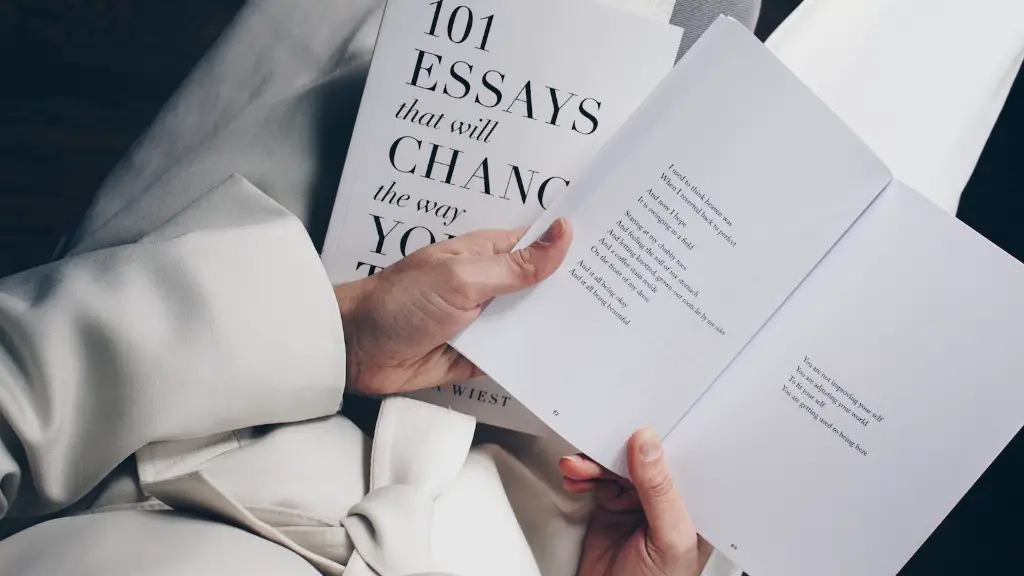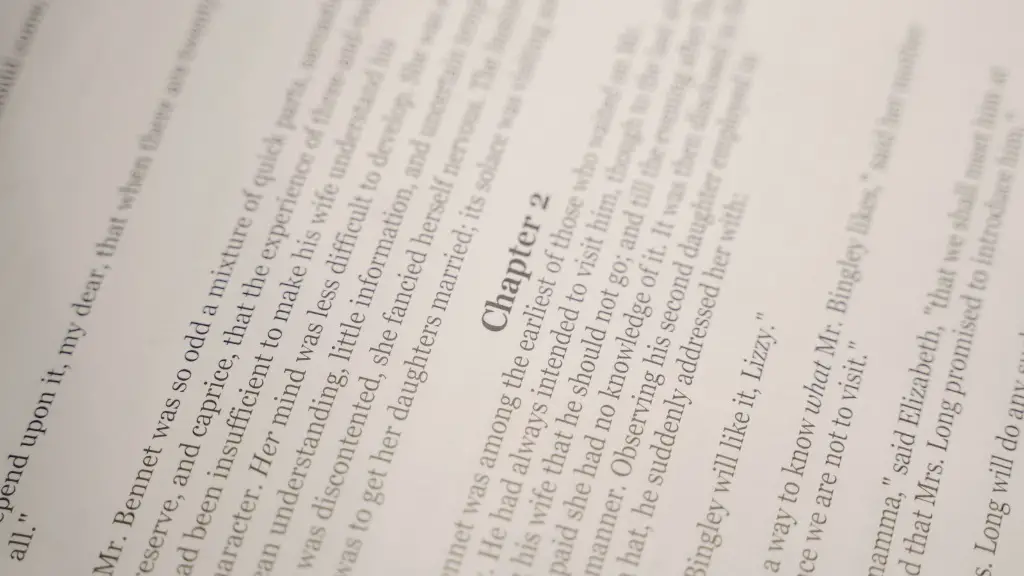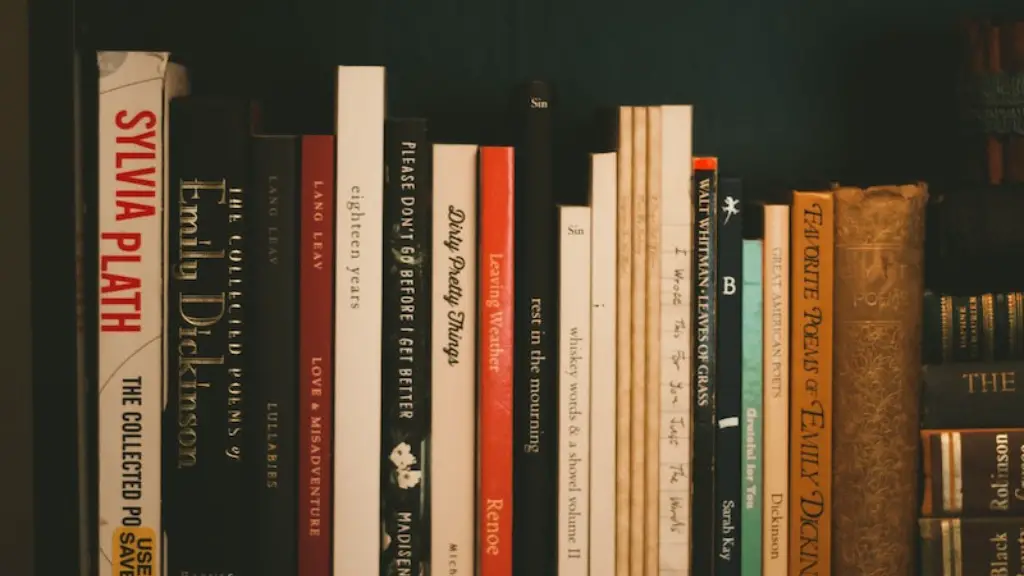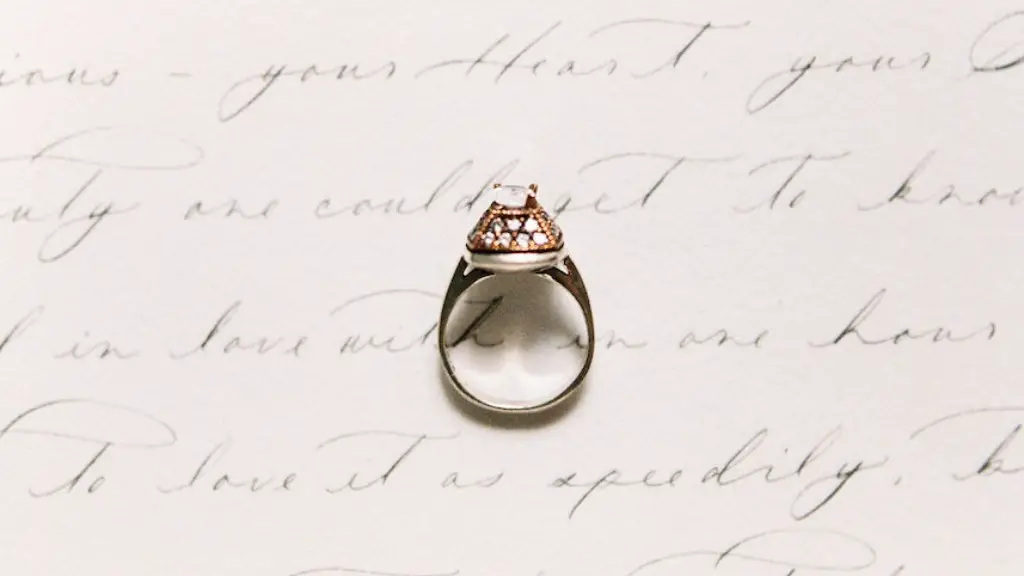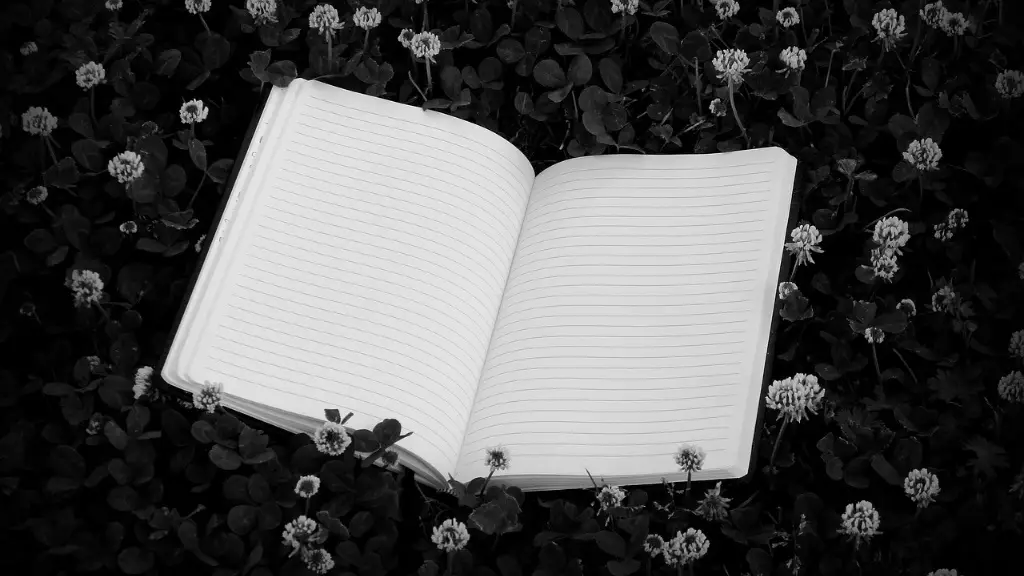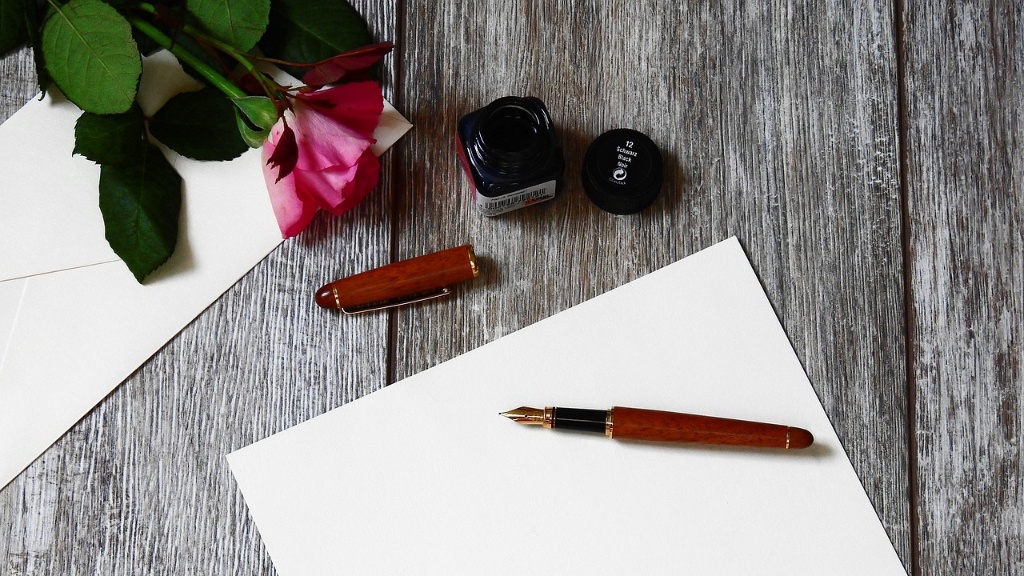Grammar in Poetry: A Problem or A Guide?
There has been a long-standing debate over the value of strictly following grammar rules in poetry. Does the creativity of poets suffer when they are bound by conventional rules and punctuation, or does grammar provide creative and useful structure to the art form?
Poetry has traditionally been seen as a creative outlet which is deeply rooted in expression over mastery. To some, the beauty of a poem lies within its capacity to move the reader in ways conventional prose does not. To them, the rigid adherence to grammar rules damages the expressive nature of poetry, limiting the ways it can be used and explored.
However, others see value in the parameters of grammar and punctuation. To the literary critic, the structure of a poem elucidates elements, allowing the reader a greater degree of understanding. Similarly, to the poet, grammar introduces clarity and precision to the craft, managing to enhance the emotional content and drive home a point more effectively.
Some studies have suggested that grammar in poetry acts as a mediator between the internal thoughts of the poet and the emotional engagement of the reader. Using traditional grammar rules gives poets the ability to craft a detailed scenario and invite readers to inhabit the piece in a more experiential way than free-form writing. However, when accustomed to a certain style of expression, even the rigid structure of grammar can be broken down and explored as part of the storytelling process.
The importance of using grammar to convey emotion has been gaining traction among academics. By tapping into emotions when conversing with readers, poets can ensure a higher degree of buy-in and understanding. Some have contended that it is in fact the structure of grammar which can evoke the most profound reactions among readers, as the rhythm and flow of the work can be more clearly followed, resulting in a lyrical effect that is more powerful than random prose.
It is clear then, that grammar in poetry can serve a purpose beyond that of convention when used properly by the poet. However, in order to reap the rewards of grammar, the poet must be attentive to the structure and balance of their work. While there are clearly benefits to following the old rules, it is also important to remember that there is beauty to be found in exploring the boundaries of traditional expression.
Grammar As a Tool of Creativity
As with most creative endeavours, the use of grammar doesn’t have to be a limiting factor for poets. Rather, the traditional rules can be flipped on their head in order to provide the poet with an array of stylistic options, allowing them to craft some truly unique works of art.
Using grammar in unusual and unexpected ways can be extremely effective in conveying emotion and inspiring the reader. In using grammar as a tool of creativity, the poet is given greater control over the impact of their poem and can draw attention to specific words and meanings in order to elicit a certain response. Alternatively, they can choose to obscure certain meanings and leave it up to the reader to create their own interpretation of the work.
When exploring the more experimental sides of grammar and punctuation, poets have to be mindful of their audience. While the use of punctuation and grammar for creative expression can be extremely appealing to some readers, the vast array of approaches can be confusing and difficult to relate to for others. It is here that mastering conventional grammar and punctuation rules can help the poet reach a larger audience, allowing them to communicate effectively with readers from all backgrounds.
The great thing about grammar and punctuation in poetry is that, as with most aspects of life, there are no hard and fast rules. Each poet has to make a decision as to whether and when convention should come second to artistic originality. At the end of the day, it is up to the poet to decide the rules by which their work is to abide.
Grammar in Poetry: Breaking The Rules
At times, rules of grammar and punctuation can be broken in order to convey a message that is better left unsaid. Whether it be through the repetition of words or phrases, the omission of certain elements or the combination of otherwise disparate styles, poetry gives poets the ability to push boundaries and explore unexplored territory.
This kind of experimentation with grammar opens up whole new vistas for poets to explore. By examining how punctuation can inject meaning and context into a work, the poet can create an atmosphere that is full of tension or sorrow. Similarly, by playing with different types of grammar, poets can make words that are seemingly opposing flow like liquid, creating depth and refinement to the piece.
However, breaking the rules does come with its own risks. When writing outside the norms of grammar, there is a chance that the poet’s message will be lost as opposed to enhanced. Additionally, even the most creative of choices can be seen as cringeworthy if they are overused and overextended. It is therefore necessary that poets with a taste for rule-breaking choose their techniques carefully, so as to ensure the clarity of their work.
Grammar in Poetry: A Balancing Act
In the pursuit of poetic brilliance and expression, grammar can often come off as a limiting factor. But it is important to remember that grammar can also be a crucial element in crafting works that are both emotive and meaningful.
Poets must make a decision as to when it is valuable to follow convention, when it is beneficial to navigate within the realm of grammar, and where it is appropriate to break away from the norm for the sake of artistic expression. As the saying goes, too much of a good thing can be a bad thing.
For poets who wish to maximize the appeal of their work, it is recommended that they blend the traditional rules of grammar and punctuation with more unique approaches. This will ensure that their message is both clear and engaging.
Ultimately, the key to finding balance in the matter of grammar and punctuation lies in the hands of the poet. As the old adage goes, ‘you must learn the rules before you can break them.’
Grammar in Poetry: New Forms and Styles
Grammar and punctuation in poetry can also open up the art to exciting new forms of expression. By researching and experimenting with concepts such as line breaks and the use of repetition, poets can create pieces that are both experimental and accessible to a wide audience.
By taking into consideration elements such as sound, visual cues and punctuation, the poet is presented with an array of options with which to shape their work. , they can create a work that is more immersive, emotive and powerful than would be possible by relying on traditional forms of expression.
It is therefore necessary that poets are aware of the various techniques and structures that grammar presents. By gaining a greater understanding of the nuances of grammar, poets can create works that are more impactful and memorable than ever before.
Grammar in Poetry: Finding The Right Balance
It is clear then, that grammar in poetry can be a powerful tool when utilized appropriately. When used judiciously, grammar can help poets craft works that evoke strong feelings from their readers, allowing them to connect on an emotional level in a way that is impossible when writing with a free-form approach.
At the same time, it is important to be mindful of the fact that grammar and punctuation can also be a limiting factor for poetry. Poets must find a healthy balance between grammar and innovation in order to make their work stand out.
Ultimately, the use of grammar in poetry is up to the discretion of the poet. By blending the conventions of grammar with unique stylistic approaches, poets can create works that are both emotive and powerful, engaging readers with a truly memorable experience.
